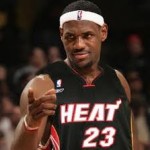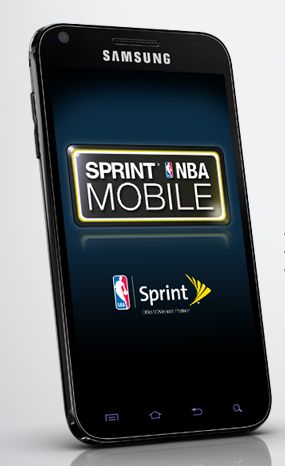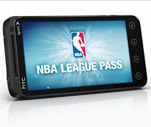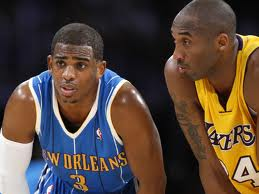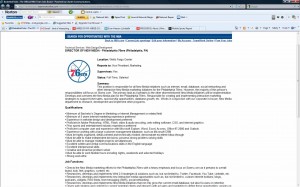 After reading that the NBA is going to host an online Town Hall on Facebook tonight I wondered: Are these Internet interactions really valuable from a fan’s point of view? Or are they not really worth the time or bandwidth?
After reading that the NBA is going to host an online Town Hall on Facebook tonight I wondered: Are these Internet interactions really valuable from a fan’s point of view? Or are they not really worth the time or bandwidth?
I mean, if you are a big fan of the player involved it’s cool to have a chance you might not ever get in real life, to interact directly with the star. Even though it’s through a virtual channel there is some pleasure in seeing your question asked in public and then having it answered. It’s the same kind of gratification that keeps people on hold for hours on radio talk shows, just on the slim chance of hearing their voice out loud.
But after participating in a few Twitter chats sponsored by Verizon Wireless and its NFL Mobile app, I am fairly underwhelmed by the experience. The biggest problem is one of flow — given the asynchronous nature of mediums like Twitter and Facebook, it’s extremely easy to lose the stream of questioning. On Twitter in fact it’s almost impossible and unless you asked the question you often have no context as to what the answer is about. Somewhere here I smell an opportunity for an app that automatically collates questions with answers and then displays them. Until then we’re all stuck with trying to click on the usernames to see what the hell they just asked the athlete who just answered.
The second problem is the sanitization factor — in that if you ask a tough, hard or uncomfortable question it is almost routinely ignored. As a professional interviewer I know that the hard questions are almost always the most interesting; and they are also the least liked by the subject. So during tonight’s NBA questioning you are probably not going to see someone asking the NBA players things like “do you think David Stern is a jerk?” because they will simply be removed from the question-stream. If the Verizon chats are any indication these things usually devolve into basic fan-worship stuff (“Who’s your biggest inspiration?”) or bland competitive questions (“Who’s the hardest guy to defend?”). It’s guaranteed to be not as interesting as simply following these guys on Twitter for the moments when they spout off without a PR filter around.
Again, if you are a devoted fan then by all means hang in there, log on and see if you can coax an answer out of the star you follow. But for most of us, I am guessing there are better ways to spend our time while we wait for more-engaging or more personal forms of social media interaction to evolve.
